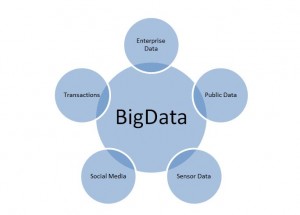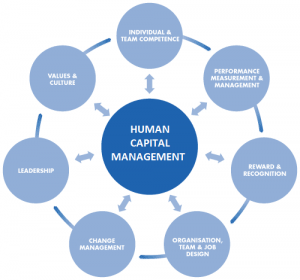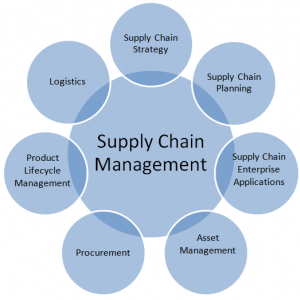SAP’s Mcdermott said it quite well : “Customers … don’t start conversations with buzzwords. They start conversations with business challenges.” – well at least most of them do – I’ve known some who would go off on a rant-fest but that’s another story for another day.
There are a lot of buzzword in circulation, some of them are thanks to the industry some really just describe in a more catchy way, what cannot be described by naming specific technology, segments or context in any other way. McDermott described them in the context of ‘meaning to executives’ but there’s something more here and I hope I can articulate that.
![the-cloud[1]](http://www.jonesassociates.com/wp-content/uploads/2014/03/the-cloud1-300x213.jpg) Cloud = easy to use, quick to deploy
Cloud = easy to use, quick to deploy
It’s been out there for a while but essentially it is technology that you access across the internet to perform business functions. Because it is ‘in the cloud’ you can access it from anywhere that has a robust internet connection – that’s the theory at least
 Big data = data analysis across multiple sources
Big data = data analysis across multiple sources
The name doesn’t say it all, what distinguishes bigdata from the past is the fact that you can stitch your data together with data from other sources that don’t necessarily belong to you – as a consequence you get more context and more clues on how you can pivot your business?
![mobility[1]](http://www.jonesassociates.com/wp-content/uploads/2014/03/mobility1-300x225.jpg) Mobility = flexible access
Mobility = flexible access
This technology hinges on who you are and what you need access for. A patrol officer on the beat, a delivery man on your doorstep, an inspector at a well or an executive playing mini-golf in plus-fours. The idea here is being able to get access to information and make real-time or near real-time decisions based on or around that data wherever you are. This goes nicely with bigdata and cloud don’t you think?
![CRM-Customer-Relationship-Management[1]](http://www.jonesassociates.com/wp-content/uploads/2014/03/CRM-Customer-Relationship-Management1.jpg) CRM = tracking your customer relationship
CRM = tracking your customer relationship
The view of CRM to a salesperson versus accounts receivable versus customer support and fulfillment is all different. Ironically, for all of these people the CRM system is the nexus. This is where you keep track of all your interactions and all the customer interactions with you. From opportunities through to deliveries – most organizations do this terribly badly and most system add to the misery. Hmmm can’t help feeling that some cloud based mobility with bigdata would be useful about now.
 HCM = tracking your employee relationship
HCM = tracking your employee relationship
This is quite simply the same as CRM except it is all about the employee, oh and add to that a dash of where all those people make up the business, what we pay them, what they do, what they can do and how long they have been doing it. Do they want mobility? Hell yeah! Do they want it on the cloud? They probably don’t much care, do they want it with some broader context serviced by bigdata? Perhaps.. it is always nice to know your options.
 SCM = tracking your supplier relationship
SCM = tracking your supplier relationship
Reliable, cheap, consistent and to specification. That’s what you want when dealing with suppliers – oh and that reliability bit, that’s all about risk. You don’t want a risky supplier, so just as for customers and employees, mobility may be super interesting, after all, if a salesman is on the move so too could be a procurement guy! The bigdata helps with assessing that risk as well as understanding the cost stuff. But for the cloud? It doesn’t have to be that way. Cloud i nice but an intimate relationship between supplier and customer doesn’t have the cloud as a prerequisite.
 Systems = the engine tracking your business
Systems = the engine tracking your business
Often an application suite though not to be confused with the suit, or with a deck of cards at the gambling table (though sometimes you might wonder). Some software vendors are convinced you can do it ‘all-in-one’ others will cause con-‘fusion’ by telling you that you should look rather to a group of complementary products that work interoperably. There is no single straight answer. Everything about the suit hinges in your industry segment, your business maturity, the volatility of the market and the level of change your own organization is going through. These systems could be in the cloud or a mix of cloud and on premise and they track all that SCM, CRM, HCM and track it against some bigdata too!
Credit where credit is due: to Bill McDermott of SAP in his original post at Diginomica



